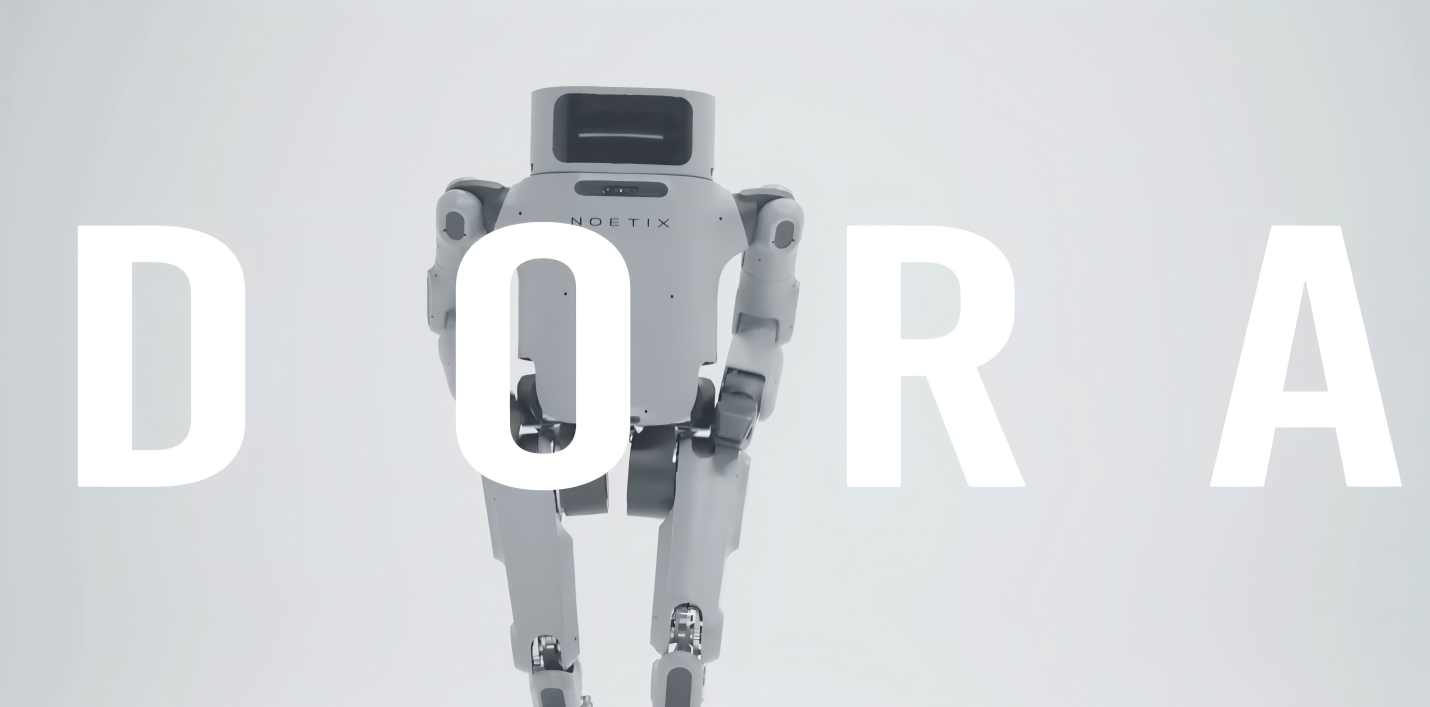Songyan Dynamics’ humanoid robot made waves at a half marathon, with its ¥39,900 low price sparking investment interest. Wang Xuehui, partner at Tsinghua Alumni Seed Fund, told the Science and Technology Innovation Board Daily that Songyan Dynamics’ industry popularity surged after the marathon event.
The “half marathon runner-up” humanoid robot nicknamed “Kid Brother” has gone viral. Science and Technology Innovation Board Daily reporters noted that A-shares markets have begun tracking “Kid Brother concept stocks,” with related industrial chain companies and listed shareholders gaining investor attention.
Additionally, Songyan’s N2 robot appeared on auction platforms, selling for ¥56,806 after 21 bids—below its market price of ¥88,000.
Compared to star projects like Unitree, Zhiyuan, and Zhongqing, Songyan Dynamics had relatively low market recognition before winning second place in last Saturday’s humanoid robot half marathon. Its first major breakout might trace back to controversial comments by Zhu Xiaohu, partner at GSR Ventures, about “exiting humanoid robot projects en masse”—Songyan was among the few humanoid robot projects Zhu exited.
Now Songyan has fully broken through. Wang Xuehui revealed that post-marathon, industry interest in Songyan skyrocketed: “Their robots are priced at ¥30,000-40,000, generating significant leasing/purchasing demand, including inquiries from logistics professionals needing robots for urban delivery vehicles.” As Songyan’s angel investor, Tsinghua Alumni Seed Fund has received “dozens of investor inquiries for introductions recently.”
Investment Frenzy Ignites
Founded in Beijing in September 2023, Songyan Dynamics focuses on R&D and manufacturing of humanoid and bionic robots. Its core team hails from Tsinghua University, Zhejiang University, and other prestigious institutions.
Within two years, Songyan completed five funding rounds with investors including Inno Angel Fund, Xiao Miao Lang Cheng, SEE Fund, Tsinghua Alumni Seed Fund, and Beijing Future Science City Fund.
GSR Ventures participated in a March 2024 angel round (¥3.2 million for 1.6207% stake) but exited by January. Responding to Zhu’s embodied AI bubble claims, Songyan posted a running robot video on March 29 captioned “Undeterred by noise, forging ahead—light boats pass endless mountains.”
Songyan then took second place in Beijing’s high-profile humanoid robot half marathon—a real-world test of mobility control, environmental perception, and endurance. Fang Zhenghao, managing partner at Xiao Miao Lang Cheng (March 2024 investor), told reporters Songyan’s performance met expectations, “demonstrating strong hardware design capabilities we initially valued.”
As one of few finishers, Songyan’s profile rose dramatically from its former second-tier status. Li Zhu, founding partner at Inno Angel Fund (angel investor), noted surging investor interest and valuation: “They were an undervalued embodied AI company.” Fang added Songyan prepared briefly but exceeded expectations, with high-cost-performance robots securing hundreds of orders—”commercially, they’re industry frontrunners.”
Songyan confirmed investor approaches but Wang cautioned that some top-tier firms skipped the event (Unitree participated via client representatives), noting marathons aren’t humanoid robots’ primary use case. He hopes next year’s event attracts more competitors to collectively advance the industry.
The race also exposed shortcomings in stability, battery life, and generalization. However, most investors remain long-term optimistic, with Fang comparing it to 19th-century car races that initially underperformed horses but ultimately revolutionized transportation.
Founder: Tsinghua PhD
Born in 1998, founder & chairman Jiang Zheyuan ranked 28th in Beijing’s college entrance exams before entering Tsinghua’s Electronic Engineering Department. In 2023, the third-year PhD dropout founded Songyan Dynamics in September to pursue humanoid robots.
Songyan currently offers three products: home-use “E1,” high-mobility “N2,” and bionic face device “Hobbs.” At the recent 2025 Zhongguancun Forum, 1.2m/30kg “N2” (capable of backflips, running at 3.5m/s, etc.) greeted guests. Priced from ¥39,900—59.7% below Unitree G1’s ¥99,000—Jiang explained this avoids red ocean competition while maintaining ~15% margins, attributing competitors’ higher prices to differing strategies.
On cost reduction, Jiang noted humanoid robots primarily use aluminum, steel, chips, and copper—cheap by weight—with process optimization being key. Current CNC machining limits scale, but future models may drop below ¥10,000. The biggest challenge is productization—ensuring stability and mass production. Dozens of N2 units have shipped, with E1 deliveries starting August.


